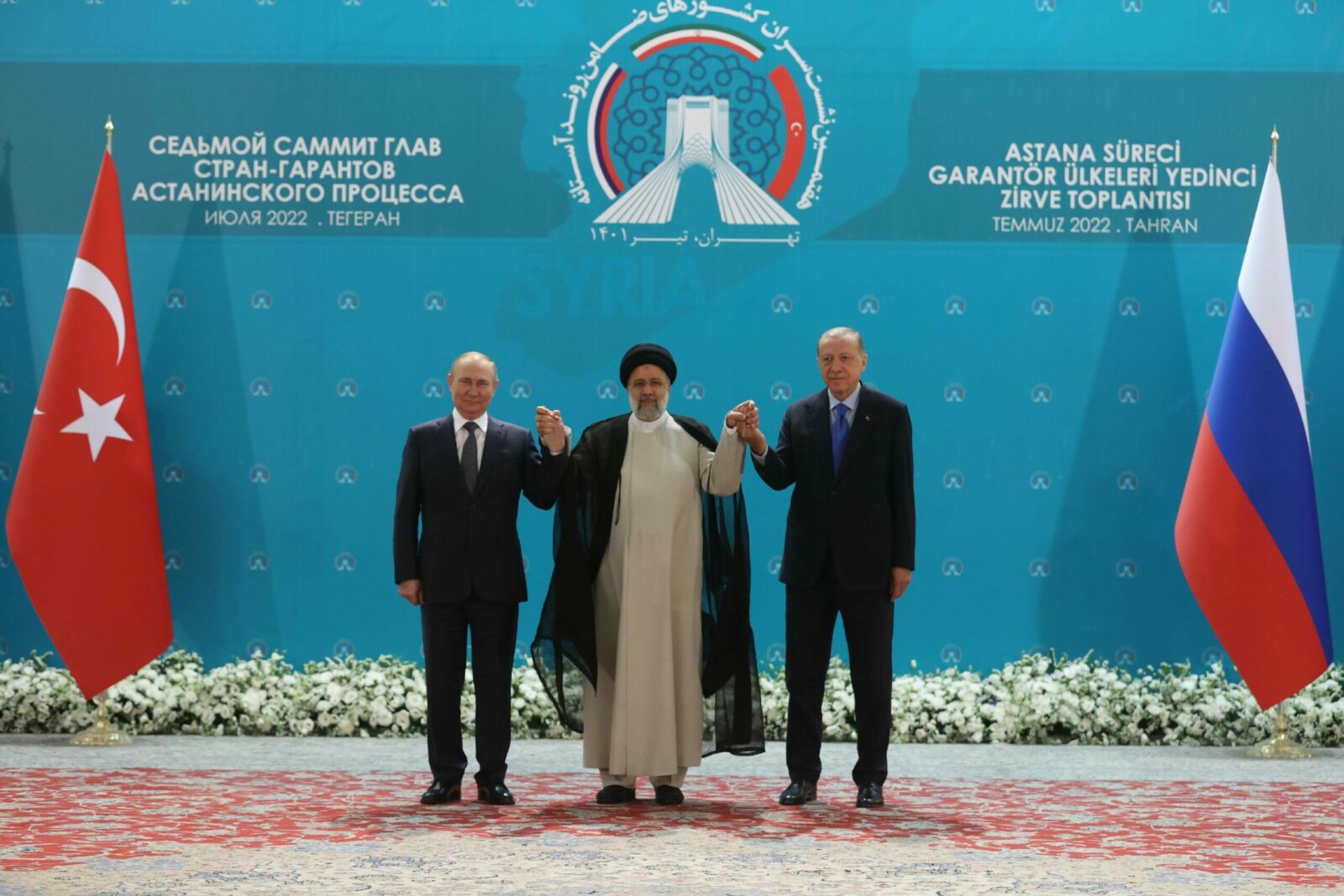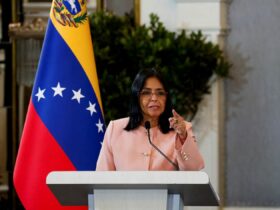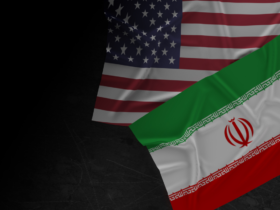Defending the nation state and its institutions, which protect the integrity and unity of the countries in the region, has been a cornerstone of Egypt’s foreign policy over the past 10 years, explains Egypt’s leading newspaper Al Ahram.
Defending the nation state and its institutions, which protect the integrity and unity of the countries in the region, has been a cornerstone of Egypt’s foreign policy over the past 10 years, explains Egypt’s leading newspaper Al Ahram.
The following article appeared as an editorial statement in Egypt’s leading newspaper Al Ahram. It appears in the context of the Arab Republic of Egypt declaring its support for the Arab Republic of Syria under President Bashar Al Assad’s presidency. On Wednesday nicht, the foreign ministers of Egypt and Iran, two countries yet to establish official relations, confirmed that position in a phone call.
In the article, Ahram draws attention to a posible wider affect of the recent terrorist offensive on regional politics: Its targeting of the Astana Process between Russia, Iran and Türkiye as well as the Syrian government and opposition.
The text was published in english here. Title was set by Ahram, UWI set the subtitles for a better readibility.
So called opposition groups suddenly advanced on Syria’s second largest city, Aleppo, occupying it and reigniting Civil War there.
The militant groups that took over Aleppo under the banner of “Hay’et Tahrir Al-Sham,” are an alliance of organisations officially dubbed “terrorist” by the United Nations and other key organisations and states, including the United States, due to their allegiance to IS and Al-Qaeda which have wrecked havoc on both Syria and neighbouring Iraq.
However much it might please Syrians who regard the regime as their enemy, such escalation cannot be seen as a positive development or an attempt to alleviate the suffering of the Syrian people. It runs contrary to recent efforts to restore stability in Syria, safeguarding the territorial integrity of the nation state and its core institutions.
Despite claims from the leaders of the extremist groups that they attacked Aleppo, Idlib and other cities due to the Syrian regime’s failure to respond to their demands and alleged bombing of their bases in northern Syria, their actions cannot be separated from the ongoing wars that have rocked the region since Hamas carried out its attack on Israel on 7 October, 2023.
The rebel groups include extremist fighters from all over the world who believe in IS’ murderous ideology. They had obviously calculated that the Syrian regime was not in a position to counter their surprising takeover of Aleppo while occupied with Israeli attacks on its own territory as well as in neighbouring Lebanon over the past 14 months.
Meanwhile, it cannot be a mere coincidence that the attack on Aleppo by terrorist groups on Wednesday 28 November took place within hours of the ceasefire agreement between Lebanon and Israel hopefully ending nearly two months of relentless Israeli bombing that led to the death of over 3600 Lebanese civilians and massive destruction in Beirut, the capital, as well as other key Lebanese cities.
Netanyahu’s warnings the day violence flared in Syria
On the exact same day that violence flared in Syria, Israeli Prime Minister Benjamin Netanyahu warned the Syrian regime not to “play with fire” by continuing to provide military assistance to Lebanon’s Hizbullah, along with Iran. He also warned that the regime would pay a heavy price if such Syrian support for Hizbullah continued through the alleged smuggling of weapons along the Syrian-Lebanese border.
Syria has not seen calm since the outbreak of the revolt against the regime in 2011. However, the arrangements reached among parties involved in the conflict, namely the current government of Syrian President Bashar Al-Assad, Russia, Iran and Türkiye in 2020, and known as the “Astana understandings,” had guaranteed a reasonable level of stability that opened the door to the possible restoration of the Syrian state and its institutions completely after many years of violence and chaos.
Achievements of Astana
After the “Astana understandings” were agreed on, Damascus was able to restore its membership in the Cairo-based Arab League and its diplomatic ties with key Arab countries, including Egypt and the United Arab Emirates. No party would deny that much effort was still needed to end the Civil War in Syria, but this was certainly an important first step to restore the stability of the country and save the lives of its people after more than a decade.
The Astana framework to end the Civil War in Syria must be immediately revived, and there are already indications that this is taking place. Iran’s Foreign Minister Abbas Araghchi, visited Ankara on Monday and met with his Turkish counterpart, Hakan Fidan, after a similar visit to Damascus. They agreed to meet with the Russian foreign minister in order to agree on how to end the recent escalation in Syria and avoid another crisis that could only add to the hardships the region has been suffering for more than a year.
Egyptian position
Egypt too immediately expressed deep concern over the latest, dangerous developments in Syria. Minister of Foreign Affairs Badr Abdel-Atty discussed the escalating situation in northern Syria, particularly in Aleppo and Idlib, with his Syrian counterpart, Bassam Sabbagh, in a phone call late Friday. According to a Foreign Ministry statement, Abdel-Atty expressed concern over these developments, reiterating Cairo’s unwavering commitment to Syria’s national institutions, its sovereignty, and territorial integrity. He also stressed Syria’s vital role in fostering regional stability and combating terrorism.
Defending the nation state and its institutions, which protect the integrity and unity of the countries in the region, has been a cornerstone of Egypt’s foreign policy over the past 10 years. The lessons of our recent history following the wave of Arab Spring revolts have made it clear that, while democracy and respect of human rights are certainly a priority, it is equally important to protect the unity and the integrity of the nation state if there are to be any human rights, or the right to live in the first place.
Moreover, the effort to restore stability in Syria should go hand in hand with dealing with the real source of all troubles in the region: the continuation of Israel’s occupation of Palestinian and Syrian territories.
Israel’s premier, Netanyahu, and his extremist ministers, must be relishing the fact that the world is now busy with recent developments in Syria, distracting from efforts to end their genocide of Palestinians in Gaza and to turn the truce reached in Lebanon into a permanent ceasefire. Yet, creating more violence and havoc in Syria by supporting terrorist groups cannot be a path to protecting Israel’s security. It is Tel Aviv that is playing with fire now.
















Leave a Reply